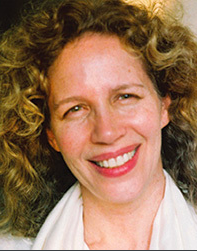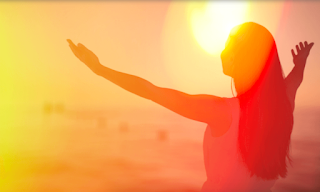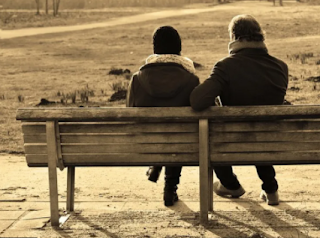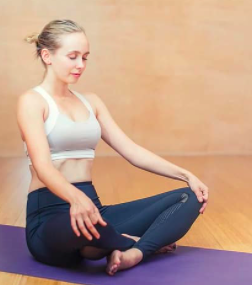What helps you to flourish? A New Year is dawning and each year the 1st of January reminds us to aspire to be the best person we can be, and to consider how we might be of most help to those around us.
So this year – multiple choice! Based upon observation and reflection, here are 10 things people do who go beyond having “a good year”, go beyond “being OK” and who actually flourish, but first
Thought for the day
To investigate is to contemplate with a silent mind.
It is to illuminate that which is cloudy or confused
—to explore and to discover
What we have not yet noticed or understood.
This kind of deep inquiry provides us with the tools
To free the mind from suffering
And the pitfalls of an unexamined life.
Narayan Helen Liebenson
What do you aspire to for 2022?
Some people are naturally capable, but many work quite hard at making the most of their lives. What helps you to flourish? How relevant are the following things people do who are flourishing?
1. Remaining curious and open; constantly seeking new ways to grow
It all begins with the mind. Maintaining an open, curious, enquiring mind means life will never be boring; it will always be interesting and you will continually make new discoveries and evolve.
2. Being gentle with yourself
It may be well and good to aspire to becoming a Saint, but in the interim we need to live with our strengths AND our weaknesses. Learning to accept our weaknesses and committing to work on them, while making the most of our strengths is a sure recipe for flourishing.
3. Aspiring to being non-judgemental
It is so easy to recognize the faults of others. Some seem to value pointing out the faults of family, friends and colleagues, and maybe there is a time as a teacher where this is appropriate – particularly if the other person asks for direct feedback. However, in day to day life, it is so hard to appreciate someone else’s circumstances and being judgemental is highly fraught.
4. Practising gratitudeMaybe the biggest secret of them all.
The power of gratitude is immense.
It empowers others when we acknowledge and thank them, it makes every cell in our own bodies sing when we get fully into it; truly one of the best things to do – and so easy...
5. Exercising self-care through personal discipline
Externally imposed discipline can be tough unless you have really bought into it. Self imposed discipline involves recognizing what is good for self – and doing it. Personal discipline is a personal kindness. If you waver, go back to what you value, consider how important it is to you and what it will take to accomplish it. From this comes the discipline to eat good food and meditate – plus all the other self-care tricks that work for you personally…
6. Seeking out good company
While our lives are enriched by variety, we are social animals and need to feel connected to kindred spirits. For example, being seriously committed to a healthy lifestyle may well make you different to some of your friends, family or colleagues. While we can manage a fair amount of this, it is important to avoid being overwhelmed by opposing views and to seek support from the like-minded. Clubs, groups, communities – where does you support come from???
7. Living in accord with values and ethics
While attempting to avoid sounding like a preacher, it is clear, happy people who flourish have a strong sense of direction and purpose and this direction is based upon personally sound values and ethics. Need a reality check? Do you go to work and need to park your ethics at the front door? Do any relationships cause you to cringe internally? Do you eat and drink in accord with your values and ethics? Can you recognize some food and drink is ethical and valuable not for its nutritional content necessarily, but purely because you can enjoy it and celebrate it occasionally and that is OK? New Year is definitely an excellent time to review our values and ethics and affirm our commitments.
8. Developing generosityHolding onto stuff is inhibiting. It feeds the sense of there not being enough, depletes trust, and creates fear and worry. This in turn causes an internal tightness, depletes the immune system, inhibits healing. And it feels mean…
Generosity is expansive. It creates hope and optimism, builds energy, strengthens the immune system and fosters healing.
If being generous feels tough, start simply. Give away something you do not need or want; then build slowly.
9. Maintaining a sense of humour
Let us face it; so much of life is a mystery, people are so curious, really weird stuff is happening all the time; may as well just burst out laughing. As an old friend used to say repeatedly: “Don’t sweat the small stuff. It is all small stuff.” And it may be a cliché, but laughter really is the best medicine; and one of the great things about the internet is it provides so many things to get us laughing!
10. Recognising who you are – with modest pride
As a human being, any human being, you are totally amazing. Totally amazing. No need to say any more except to encourage a gentle, reality based self-pride. You are totally amazing; might as well just accept it – and enjoy the fact!
May 2022 be a year of blessings, good health and joy, not too much drama – or melodrama; a year of meaning, purpose and flourishing!











































